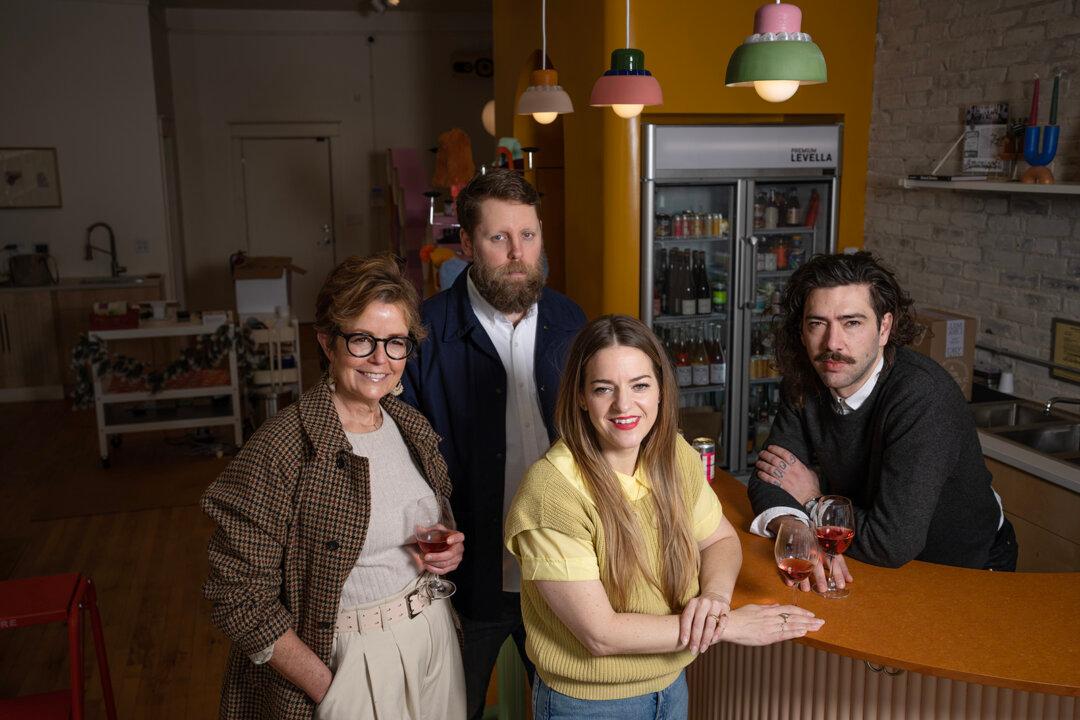By Joy Summers
From Star Tribune
Filled with ideas and a fresh purpose, each of these entrepreneurs helps to make the sober space a delicious one to explore.

Filled with ideas and a fresh purpose, each of these entrepreneurs helps to make the sober space a delicious one to explore.